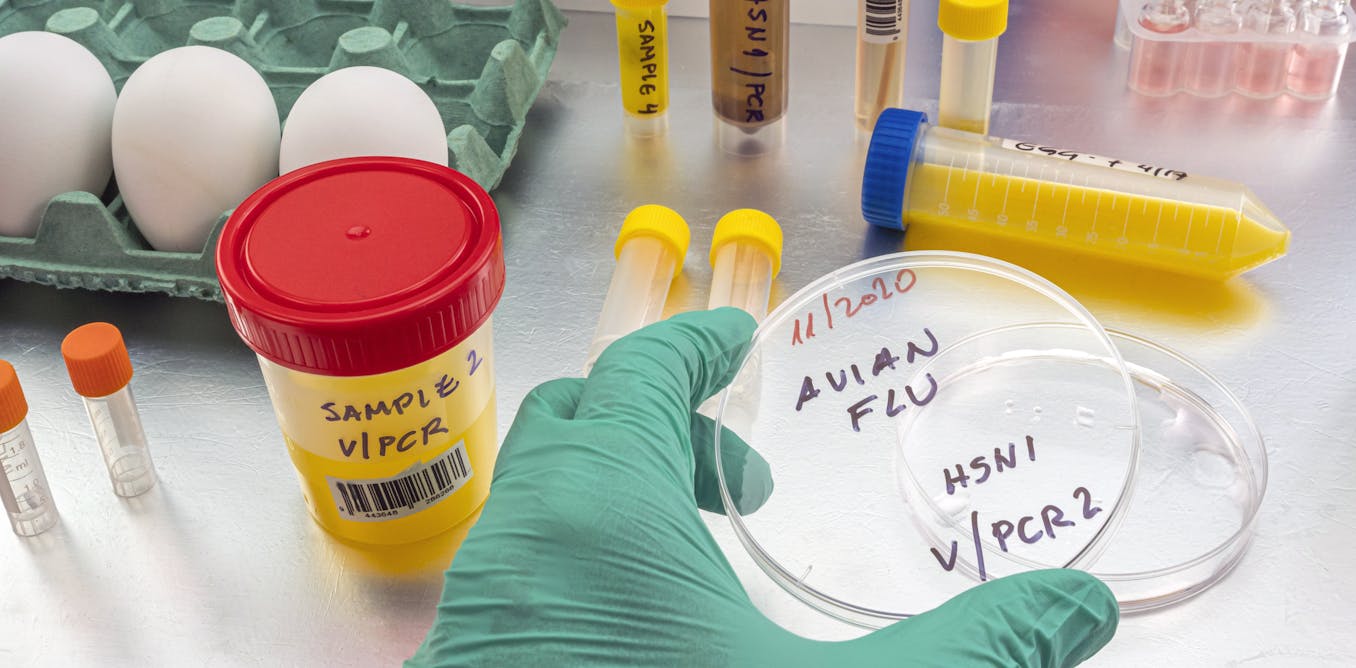ONE of the UK’s top diet and health experts has issued a warning about one of Britain’s favourite winter warmers.
Professor Tim Spector, famed for being the lead researcher behind the Covid Symptom Study app and the founder of popular nutrition app ZOE, has highlighted the health risks of eating ultra processed foods (UPFs).
3

3
UPFs are defined within the Nova classification as foods that are industrially processed, engineered to be hyper-palatable, and nutritionally lacking.
Prof Spector said as a general rule of thumb: “If the ingredients aren’t ones you’d typically find in your kitchen, chances are it’s UPF.”
Taking to Instagram, the Kings College London academic said one of the best examples of UPFs is tomato soup.
He explained: “In the UK we eat more ultra processed food than any other country in Europe. So to get down those levels, we need to know exactly what we’re eating.
“A great example is tomatoes. They contain lots of polyphenols, “particularly one you might have heard of called lycopene.
“Having them on their own, these would be classed as unprocessed or category one on the NOVA scale.”
Pointing to cans of plum and chopped tomatoes, he said: “Then you’ve got these other ones, which you might be a bit worried about because they can come in tins or cans. This is category three.
“Nothing to be worried about. Virtually all of these are really good for you and sometimes might actually have more nutrients than in the raw state.”
But you should worry more about foods that fall into category four.
Category four is ultra-processed foods that contain extra chemicals and extracts from foods you wouldn’t find in your kitchen cupboard, advised Prof Spector.
As he said this he pointed to tinned and packet tomato soups.
Prof Tim Spector’s warning comes after a recent study the two most dangerous ultra processed foods are processed meats and super-sweet drinks.
Researchers found both products were linked to an increased risk of coronary heart disease and cardiovascular disease.
UPFs have been linked to many other health problems, including type 2 diabetes and cancer.
An Imperial College London study found higher consumption of UPFs was associated with an increased risk of developing cancer overall, ovarian cancer, and brain cancer.
And a UK prospective cohort study found participants with the highest levels of UPF consumption had a 44 per cent increased risk of developing type 2 diabetes over a 5.4-year period.
Prof Spector concluded: “Hopefully this gives you a greater insight in what to choose and what to avoid in order to help you and your gut microbes.”
How ultra processed is YOUR kitchen?
Ultra processed foods (UPFs) were defined by Brazilian researchers who made the NOVA classification system. It breaks foods into groups depending on how processed they are. The most natural foods are in group 1, while the most processed are in group 4.
The groups do not entirely indicate how healthy a food is. However, it does indicate how processed it is – and studies have linked UPFs to a number of diseases.
How does your kitchen compare to the following groups?
Unprocessed or minimally processed foods (group 1)
- vegetables and fruits (fresh or frozen)
- dried fruits with no added sugar, honey, or oil
- grains and legumes (chickpeas, lentils)
- meat, poultry, fish, seafood, eggs
- milk without added sugar
- plain yogurt with no added sugar
- nuts and seeds
- spices and herbs
- tea, coffee, water
Processed culinary ingredients (group 2)
- iodized salt
- salted butter
- sugar and molasses from cane or beet
- honey extracted from combs
- syrup from maple trees
- vegetable oils crushed from olives or seeds
- butter and lard from milk and pork
- starches extracted from corn and other plants
- vegetable oils with added anti-oxidants
- vinegar with added preservatives
Processed foods (group 3)
- canned vegetables, fruits, and legumes
- fruits in syrup
- salted or sugared nuts and seeds
- salted cured or smoked meats
- canned fish
- artisanal breads and cheese
Ultra-processed foods (group 4)
- pop and fruit drinks
- sweetened yogurt
- sweet or savoury packaged snacks (e.g., cookies)
- candies and cake mixes
- mass-produced packaged breads and buns
- margarines and spreads
- breakfast cereals
- cereal and energy bars
- energy drinks
- instant soups, sauces, and noodles
- poultry and fish nuggets, hot dogs
- many ready-to-heat products: pre-prepared pies, pasta, and pizza dishes

3
Why are UPFs bad for us?
UPFs are often high in calories, saturated fat, salt, and sugar, and low in fiber, and also contain additives like preservatives, dyes, and non-sugar sweeteners.
They can replace more nutritious foods like fruits and vegetables in your diet, and some health experts claim they can contain contaminants from packaging materials like microplastics, mineral oils, and phthalates.
The processing of food can change its physical structure, which may affect how the body responds to it. For example, the body absorbs less fat from ground nuts than from whole nuts.
And there are theories to suggest diets high in UPFs could affect gut health – which can cause digestive issues, skin conditions, mood disorders, sleep issues, and heart health.




